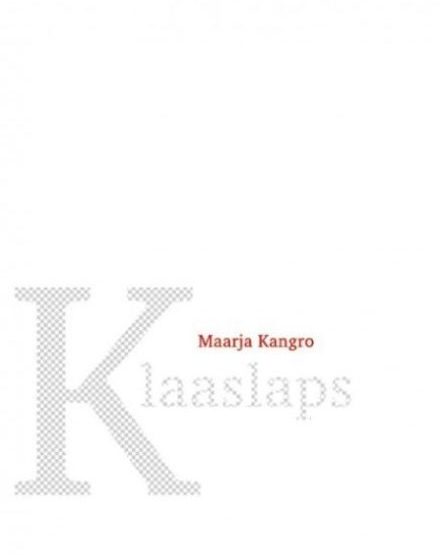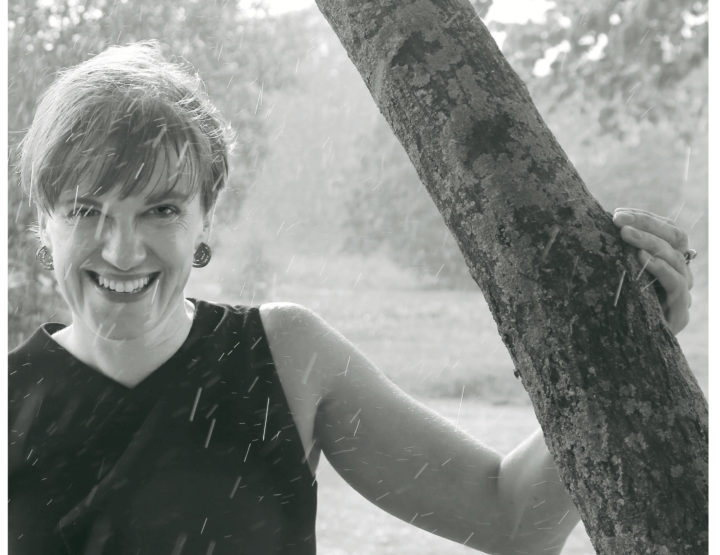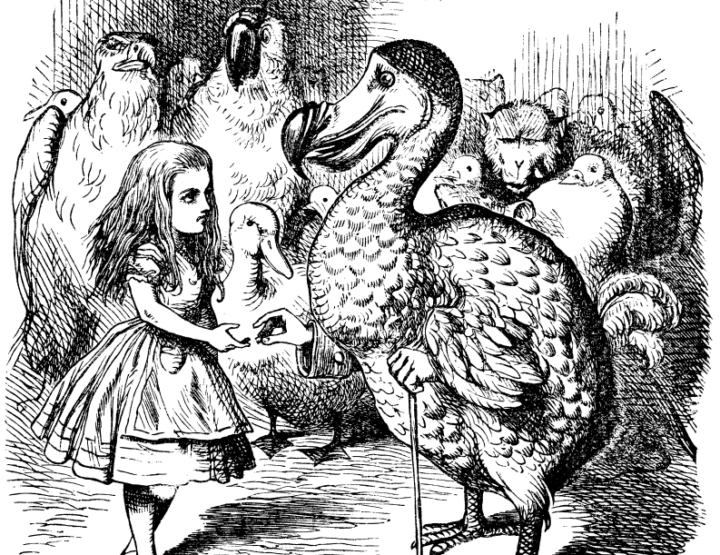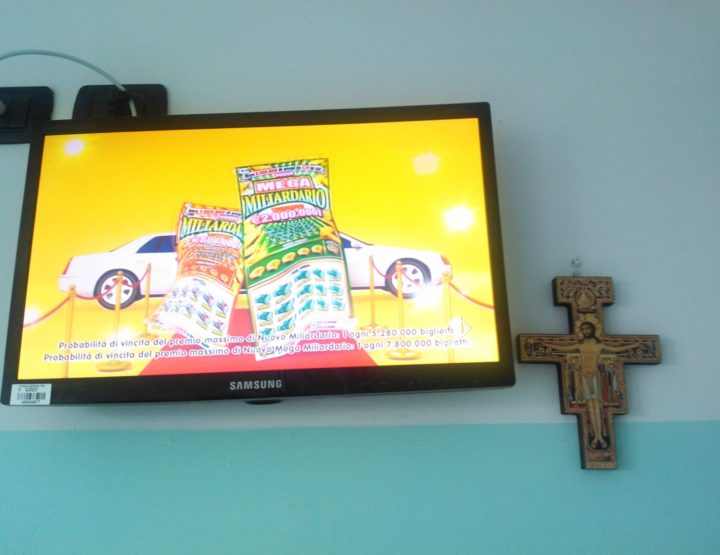Nähtamatu Ahv, 2018. 336 pp.
ISBN 9789949886623
Writing about literature is always rife with dangers. One pitfall is that the author ends up writing only to his or her clique: the work might indeed delight other writers, publishers, translators, and critics, but it isn’t able to penetrate a wider audience. Maarja Kangro generally steered clear of these shoals with My Awards, but more on that below. Another danger is somewhat converse: the author spills the beans on something important, betrays colleagues, or sacrifices trust in the name of flirting with larger and broader audiences. Kangro has also avoided this trap, for the most part; again, I’ll explain more below.
As always, let’s start from the beginning. Kangro, probably one of the most highly-awarded contemporary Estonian writers, decided to write about the “award culture” she has encountered over the years from multiple angles – including from the receiving end and from her experience on various award juries.
By referencing a popular Estonian travelogue series in her title (books in which include My Moscow, My Bali, My Canada, etc.), the author invites readers to journey with her into the world of awards: a mystical and exciting place all writers wish to enter, and the inner workings of which all readers would like to glimpse.
In My Awards, Kangro gives an account of each prize’s winning and reception in individual chapters. Each chapter includes factual overviews of the emotions that took hold of her when she was informed of the honor, fame, and fortune (of course the fortune – writers aren’t concerned with anything else!); the manner in which the award ceremony was conducted; what one or another colleague or close friend said; and the course conversations took during the ceremony or at the afterparty.
Since each chapter follows an identical format, My Awards might be dull for readers unfamiliar with the Estonian literary scene and its characters. At the same time, the work paints a fair picture particularly of how literary life functions at the grassroots level.
The second half of the work comprises nonfiction commentary, in which Kangro addresses the sociology behind awards, the history of award culture, and the devaluation of awards in modern society, resulting in attempts to make everyone winners and no one losers. Additionally, leaning upon studies published by psychologists, sociologists, philosophers, and educational experts, she attempts to crack the part of the human psyche concerned with a need for recognition.
Before answering whether My Awards is a work of fiction or nonfiction, we should return to the beginning of this review and declare whether or not Kangro has written a book that solely interests her fellow writers, and if any critical secrets have been disclosed with the aim of winning popular appeal.
As I mentioned, the book is certainly more intriguing to Kangro’s own colleagues: every character appears under their real name, and we often even find them engaging in direct speech. Some readers might be bothered by this approach, but perhaps not excessively, as Kangro is in no way hostile. The realistic setting has more of a relaxed atmosphere and affirms to every reader who is not an author: Yes, that’s the way these things go. As such, My Awards delivers genuine insight into the Estonian literary scene, and therefore I must say that in spite of its general readability, the work presumes the reader has not only an interest in the topic at hand, but also possesses at least some basic knowledge of the Estonian literary scene.
The answer to the second question is more succinct: No. Kangro betrays nothing and no one. Rather, her colleagues are given a sidelong view of themselves, their endeavors, and their “biotope”, and it is very refreshing.
Based on these two truths put together, one can conclude that Kangro’s work is both fiction and is not. It speaks of true events in a positive and witty tone, and whosoever wishes can take the stories as a collection of memoirist essays, while others can take them as anecdotes.
Peeter Helme is an Estonian writer and journalist. Helme has published six novels, his latest novel Swastika and Time Weapon was published early in 2019.





